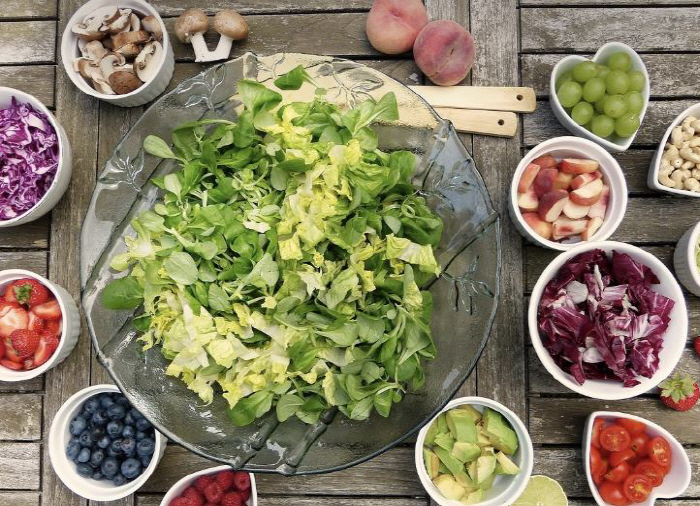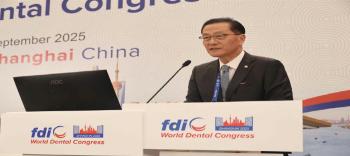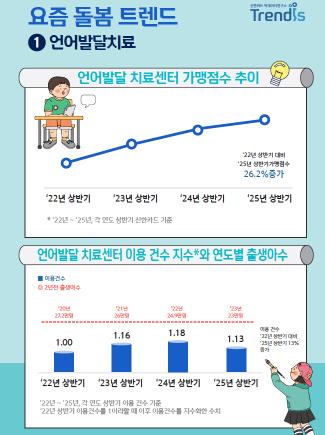Identify diet and lifestyle for gastric cancer prevention...Eating Vegetables and Fruits Reduce the Risk of Gastric Cancer by Up to 40%
Sep 08, 2025
|
Gastric cancer is one of the major cancers with a high mortality rate worldwide, especially in Asia, including Korea. Although specific eating habits and genetic factors in East Asia are cited as the main reasons, this was confirmed in a comparative study with Westerners with low gastric cancer incidence, and there was a lack of evidence on clear risk factors and prevention measures for gastric cancer.
Professor Park Sung-soo's research team analyzed all 507 papers listed in international medical databases, including PubMed, Embase, and Cochrane, and confirmed the effects of 139 factors, including diet, lifestyle, environment, drugs, infection, and heredity, on the occurrence and prevention of gastric cancer from various angles.
As a result of the study, H. pylori infection increased the risk of gastric cancer by about two times, 1.5 to 2.2 times for heavy drinking, 1.4 to 2.0 times for high-salt and pickled foods, and 1.3 to 1.8 times for smoking. In addition, consumption of refined grains, red meat, processed meat, and high-fat dairy products was analyzed as a factor that increased the risk of gastric cancer.
On the other hand, eating fresh vegetables and fruits reduced the risk of gastric cancer by 20-40%, and eating fish and seafood had the effect of lowering gastric cancer by about 10-30%. In addition, it was analyzed that proper physical activity and taking nonsteroidal anti-inflammatory drugs (NSAID) help prevent gastric cancer through anti-inflammatory and anti-cancer effects.
Inter-Asian and non-Asian analysis showed that salt and carbohydrate intake had a greater impact on the development of gastric cancer in Asians. Asians with high salt intake had a 1.4 to 2-fold increased risk of developing gastric cancer, but there was no significant increase in risk in non-Asian regions. In addition, high fat intake has been identified as a factor that lowers the risk of gastric cancer in Asia, while increasing the risk in non-Asian regions. This is the result of a combination of eating habits and genetic sensitivity.
Professor Park Sung-soo said, "This study is significant in that it is the first study to comprehensively analyze gastric cancer factors based on vast amounts of data accumulated around the world. In particular, it will be an important basis for establishing dietary and lifestyle improvement strategies for gastric cancer prevention in Asia."
Meanwhile, the study 'Environmental Protective and Risk Factors for Gastric Cancer: An Umbrella Review and Analysis of Meta-Analies' was published in the recent issue of the Journal of Gastric Cancer.
Professor Park Sung-soo, who led the study, served as the research director and planning director of the Korean Gastrointestinal Reflux Disease Surgery Research Association, and is currently serving as the vice president of the Obesity Metabolic Surgery Association. Professor Park has published more than 200 papers in SCIE-listed international journals to date, and has proved the nation's best research capability in gastrointestinal surgery by scoring 36 points in H-index, which evaluates academic influence.
|
This article was translated by Naver AI translator.















